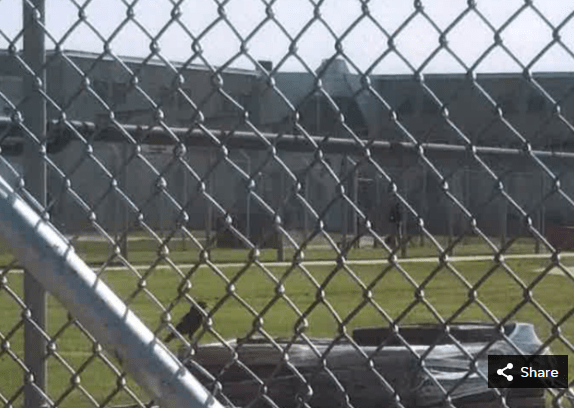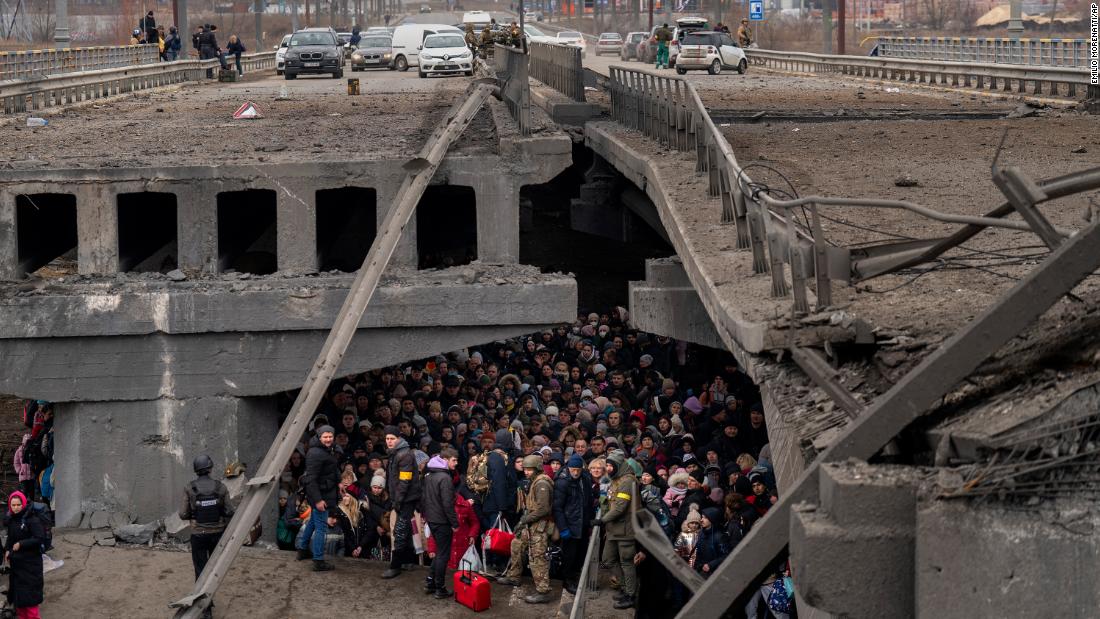DOJ Accuses Mississippi State Prison of ‘Violent, Unsafe’ Practices
Mississippi State Penitentiary violated the constitutional rights of inmates with solitary confinement practices that placed “their physical and mental health at substantial risk of serious harm,” the Department of Justice has concluded.

Mississippi State Penitentiary violated the constitutional rights of inmates with solitary confinement practices that placed “their physical and mental health at substantial risk of serious harm,” the Department of Justice has concluded.
The indictment of the state’s largest prison facility, known as Parchman, also accused authorities of failing to provide adequate care for inmates with serious mental health needs, and failing to put in place sufficient suicide prevention measures.
“Our investigation uncovered evidence of systemic violations that have generated a violent and unsafe environment for people incarcerated at Parchman,” said Assistant Attorney General Kristen Clarke of the Civil Rights Division of DOJ in a statement released Wednesday.
“We are committed to taking action that will ensure the safety of all people held at Parchman and other state prison facilities. We look forward to working with state officials to institute comprehensive reforms.”
In its 59-page report, the DOJ said the practices at the prison amounted to violations of the Eighth and Fourteenth Amendments of the U.S. Constitution.
“Prisons have a constitutional obligation to keep safe the incarcerated persons who depend on them for their basic needs,” said U.S. Attorney Clay Joyner for the Northern District of Mississippi .
“Mississippi violated the rights of persons incarcerated at Parchman by failing to keep them safe from physical violence and for failing to provide constitutionally adequate mental health care and that people confined to Parchman experience serious physical and psychological harm as a result.”
The DOJ began investigating Mississippi prison conditions in February 2020.
State prison officials were unprepared to respond to the violence, despite widespread news reports and other warnings of rising tensions, unsanitary living conditions and major staffing shortages, said Clarke.

 Landwebs
Landwebs 





















